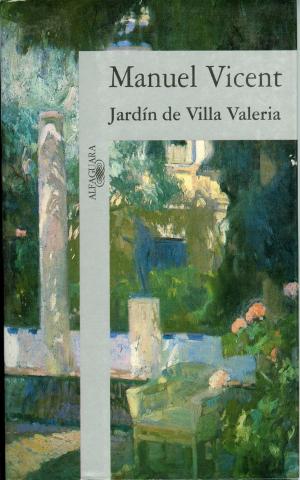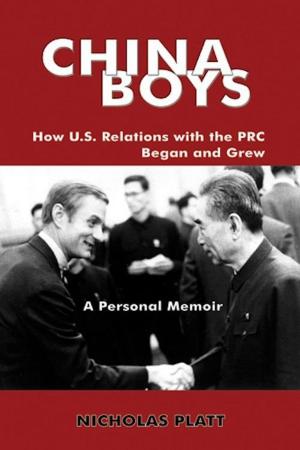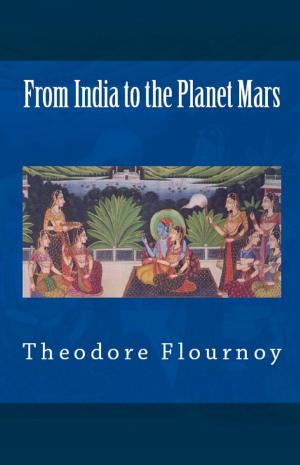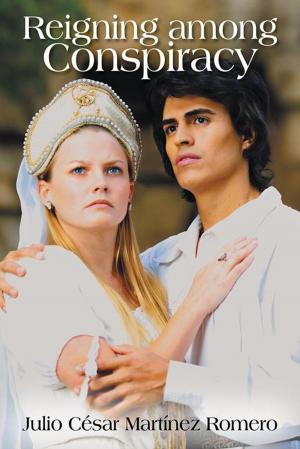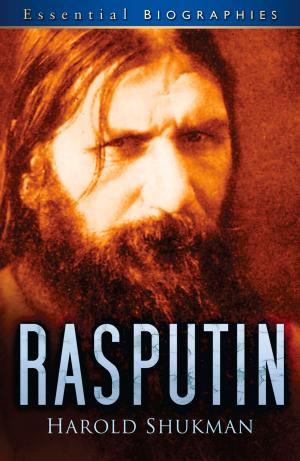| Author: | Olga Chomenidi | ISBN: | 9781370997015 |
| Publisher: | Olga Chomenidi | Publication: | September 25, 2016 |
| Imprint: | Smashwords Edition | Language: | English |
| Author: | Olga Chomenidi |
| ISBN: | 9781370997015 |
| Publisher: | Olga Chomenidi |
| Publication: | September 25, 2016 |
| Imprint: | Smashwords Edition |
| Language: | English |
“If we do not save the Child there is no future for this land”
Two worlds, our whole world and an abyss between them. They do not speak to each other. They do not look at each other’s’ eyes nor do they share the one and only sky.
And there, into the Erebus-like chasm of Keadas which they have established between them, the two worlds, the West and the East, the former out of the arrogance of its might and the latter out of accumulated pain, mercilessly and incessantly throw their children. They hurl them down the gorge, defenceless, before they have had time to live, to be crushed and to vanish from the face of the earth.
What is it we really don’t understand? How long shall we pretend to be ignorant while all this is taking place before our very eyes?
In the West, mothers have forgotten the reason for creation and stray from the human aim: the happiness of living in a free and just world. Confused by the environment of bulimia of the mighty who have raised them, they place their love in smothering moulds and from the very first cry they clasp their children to their bosom as if they are holding puppets. And in the name of ‘freedom’ they train them in their own image. They lift their dolls high in the air after they’ve dressed them in all the fashionable trinkets and stuffed them with the straw of their personal expectations, restrictions, competitions, directives, rules, limits and irresponsibility, pride and egotism, guilt and complicity, their own choices and demands, with ears blocked and eyes indifferent to their fellow creatures. And with chasms gaping through the numerous deficiencies in love, joy, innocence and interest.
At the same time on the other side of the world, in the East, the bountiful East, devastated and looted by the West, mothers without voice or hope, for centuries now, in spirit and body butchered and crushed by inhumane and fanatical authorities, bear children in the ruins. Children readily victimized just like themselves. Children expendable in the ever burning fires of war under terrifying sounds and appalling blazes, next to beloved ones perishing by ferocious hands before their very eyes, in abject poverty and hunger, in wastelands and lands of exile, in loneliness and destitution finding themselves in droves of refugees hounded by inherited hatreds, in rivers of blood, in icy seas, in inhospitable roads among unfriendly people.
And again full of chasms in all their bodies and souls gaping through the numerous deficiencies in love, joy, innocence and interest.
So, here in this abyss of desolation comes the ‘Child’. Following the primordial steps of ancient Greek tragedy, familiar with human passions, it becomes the universal lament (Kommos) and its dirge breaks out for the daily and ever bleaker and more threatening tragedy which all the human species goes through endlessly in every side of the world today. The ‘Child’- lament by women from the West and the East at the same time, cries out and invites us to look inside ourselves and at each other.
The ‘Child’, born amongst wars (those with actual guns and those with every kind of violence) and their consequences which have fallen heavily on Greece in recent years (masses of refugees, destitution, dissolution of social life) cries out and wails. It points to its body which is everywhere the same. It points to its desire for life which is everywhere the same. And it cries out in all its might: “If we do not save the Child there is no future for this land.”
“If we do not save the Child there is no future for this land”
Two worlds, our whole world and an abyss between them. They do not speak to each other. They do not look at each other’s’ eyes nor do they share the one and only sky.
And there, into the Erebus-like chasm of Keadas which they have established between them, the two worlds, the West and the East, the former out of the arrogance of its might and the latter out of accumulated pain, mercilessly and incessantly throw their children. They hurl them down the gorge, defenceless, before they have had time to live, to be crushed and to vanish from the face of the earth.
What is it we really don’t understand? How long shall we pretend to be ignorant while all this is taking place before our very eyes?
In the West, mothers have forgotten the reason for creation and stray from the human aim: the happiness of living in a free and just world. Confused by the environment of bulimia of the mighty who have raised them, they place their love in smothering moulds and from the very first cry they clasp their children to their bosom as if they are holding puppets. And in the name of ‘freedom’ they train them in their own image. They lift their dolls high in the air after they’ve dressed them in all the fashionable trinkets and stuffed them with the straw of their personal expectations, restrictions, competitions, directives, rules, limits and irresponsibility, pride and egotism, guilt and complicity, their own choices and demands, with ears blocked and eyes indifferent to their fellow creatures. And with chasms gaping through the numerous deficiencies in love, joy, innocence and interest.
At the same time on the other side of the world, in the East, the bountiful East, devastated and looted by the West, mothers without voice or hope, for centuries now, in spirit and body butchered and crushed by inhumane and fanatical authorities, bear children in the ruins. Children readily victimized just like themselves. Children expendable in the ever burning fires of war under terrifying sounds and appalling blazes, next to beloved ones perishing by ferocious hands before their very eyes, in abject poverty and hunger, in wastelands and lands of exile, in loneliness and destitution finding themselves in droves of refugees hounded by inherited hatreds, in rivers of blood, in icy seas, in inhospitable roads among unfriendly people.
And again full of chasms in all their bodies and souls gaping through the numerous deficiencies in love, joy, innocence and interest.
So, here in this abyss of desolation comes the ‘Child’. Following the primordial steps of ancient Greek tragedy, familiar with human passions, it becomes the universal lament (Kommos) and its dirge breaks out for the daily and ever bleaker and more threatening tragedy which all the human species goes through endlessly in every side of the world today. The ‘Child’- lament by women from the West and the East at the same time, cries out and invites us to look inside ourselves and at each other.
The ‘Child’, born amongst wars (those with actual guns and those with every kind of violence) and their consequences which have fallen heavily on Greece in recent years (masses of refugees, destitution, dissolution of social life) cries out and wails. It points to its body which is everywhere the same. It points to its desire for life which is everywhere the same. And it cries out in all its might: “If we do not save the Child there is no future for this land.”

